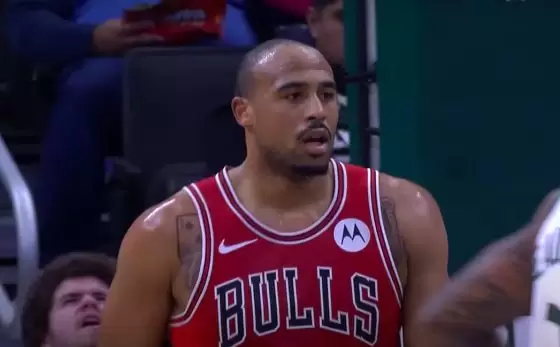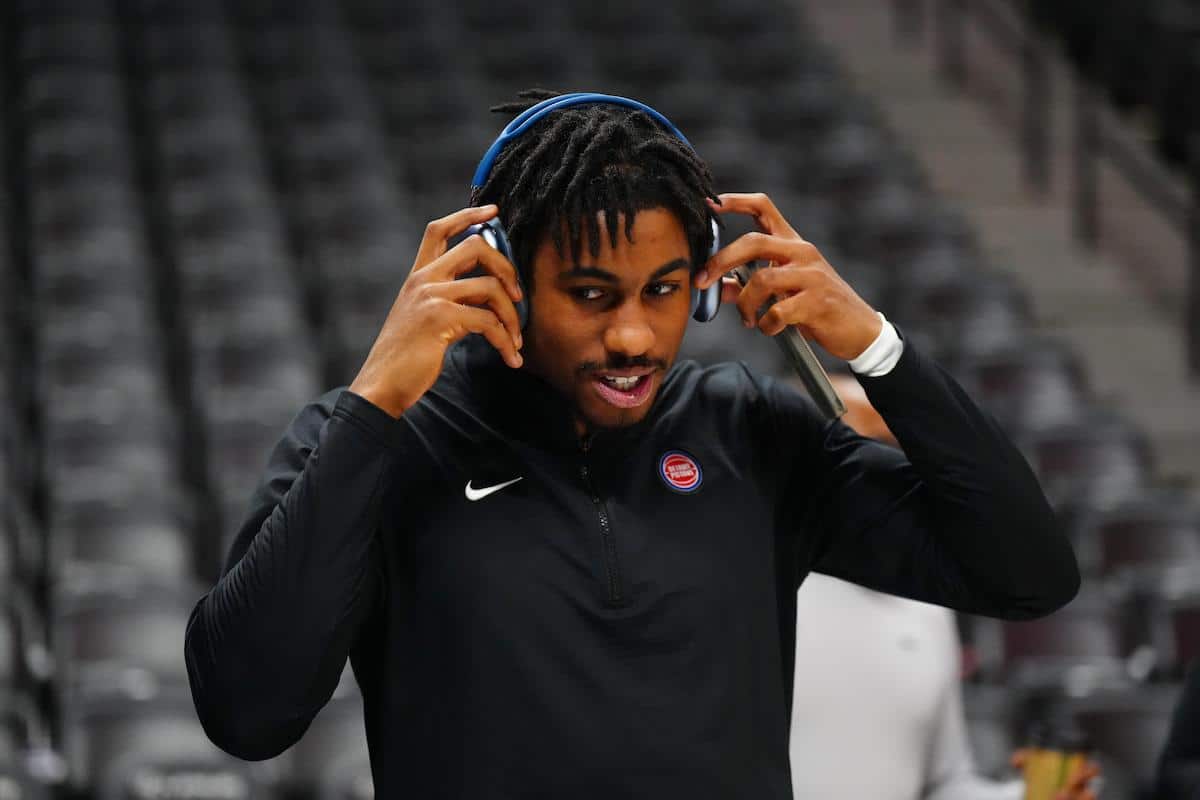Even though Mikal Bridges is already eligible to sign a two-year contract extension worth around $61 million since the start of October, it doesn’t seem as if the Knicks will take this option, at least not any time soon. Apparently, the Manhattan organization will try and wait it out until next year, as the forward might be of use in a trade.
ESPN’s Bobby Marks was one of the first to report on it, assuring that an extension is not on the club’s mind right now. “The indication I’ve gotten just from talking to people is that there is not going to be an extension,” the insider shared during an appearance on the most recent show of the Hoop Collective podcast on Sunday.
“That he will wait until next year. Because he’s limited as far as the six-month rule, as far as what he can extend for. Next year, he can extend for four years. So it just gives him more flexibility. That could certainly change by Oct. 21. Maybe this trade does change that thinking,” he added.
Here’s how the Knicks’ maneuvering in Mikal Bridges trade allowed them to trade for KAThttps://t.co/jVDXbMcXSL
— Knicks Nation (@KnicksNationCP) October 2, 2024
The athlete’s situation is set under a particular set of regulations, and in this case applies for the six-month rule for the ones who are traded. In the case for those who are six months into a trade, extension-eligible players can only sign contracts that will lead them into a four-year deal. As Mikal is under contract for two more years, he can only extend for two more.
With this new scenario on the table, the Knicks were able to trade out Donte DiVincenzo and Julius Randle once the Charlotte Hornets became the third team involved in the negotiations. While both of their stars (plus a 2025 top-13-protected first-round pick from Detroit) were sent to Minnesota, the Wolves traded back Karl-Anthony Towns.
After news of this blockbuster negotiations first surfaced the web this weekend, we can’t help but wonder which team gained the most out of it. While it is clear that New York would be earning the better player, they are still losing two stars from their starting lineup. Former Memphis executive John Hollinger has his doubts.
“I’m worried this makes their roster too top-heavy and hollows out the wing depth,” he shared to the press this past weekend. “New York’s remaining group now leans a little too heavily into the Thibodeauian fantasy of using only six players the entire night for all 82 games and hoping they don’t collapse in a heap in the playoffs.”
NBA Commissioner Adam Silver recently praised the Knicks’ ‘fantastic’ state with star Jalen Brunson leading the pack
Something is happening in New York’s basketball and everyone around can feel the massive shift. The team’s performances in past years somehow seem like a rebirth if compared to the rest of this millennium, and this has caught the eye of NBA commissioner Adam Silver, who recently cited the organization as an example of smart management.
According to the league executive, they are breaking the mold that used to hold the market. “We hear less about this big-small market dynamic than we used to, particularly with this new system we’ve put in place where it’s not just a question of who is willing to pay the greatest luxury tax because there are competitive consequences even if you’re willing to go into the tax,” he said last Wednesday.
“And so we’re seeing in a positive way the effects of strong management. And you can mention Oklahoma City, they managed to stay competitive,” Silver insisted. “They have their ebbs and flows but an amazingly managed team. And now you’re seeing that with the Knicks as well.”
Not too long ago, it would be almost unthinkable to compare the Knicks to the Thunder, who is another franchise that has been breaking the barriers between big and small markets. For almost twenty years, the Manhattan club became one of the worst teams in the league, while paying the highest luxury taxes. “Compliments to the Knicks and Jalen for creating an environment that he wanted to be in,” he concluded.






